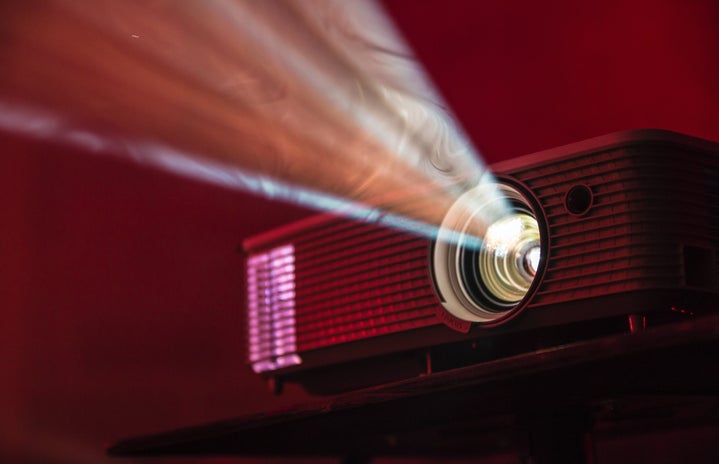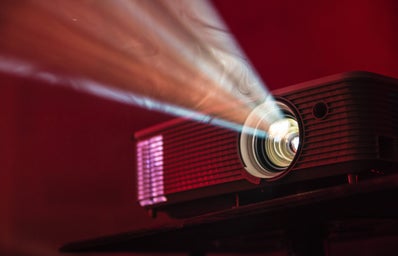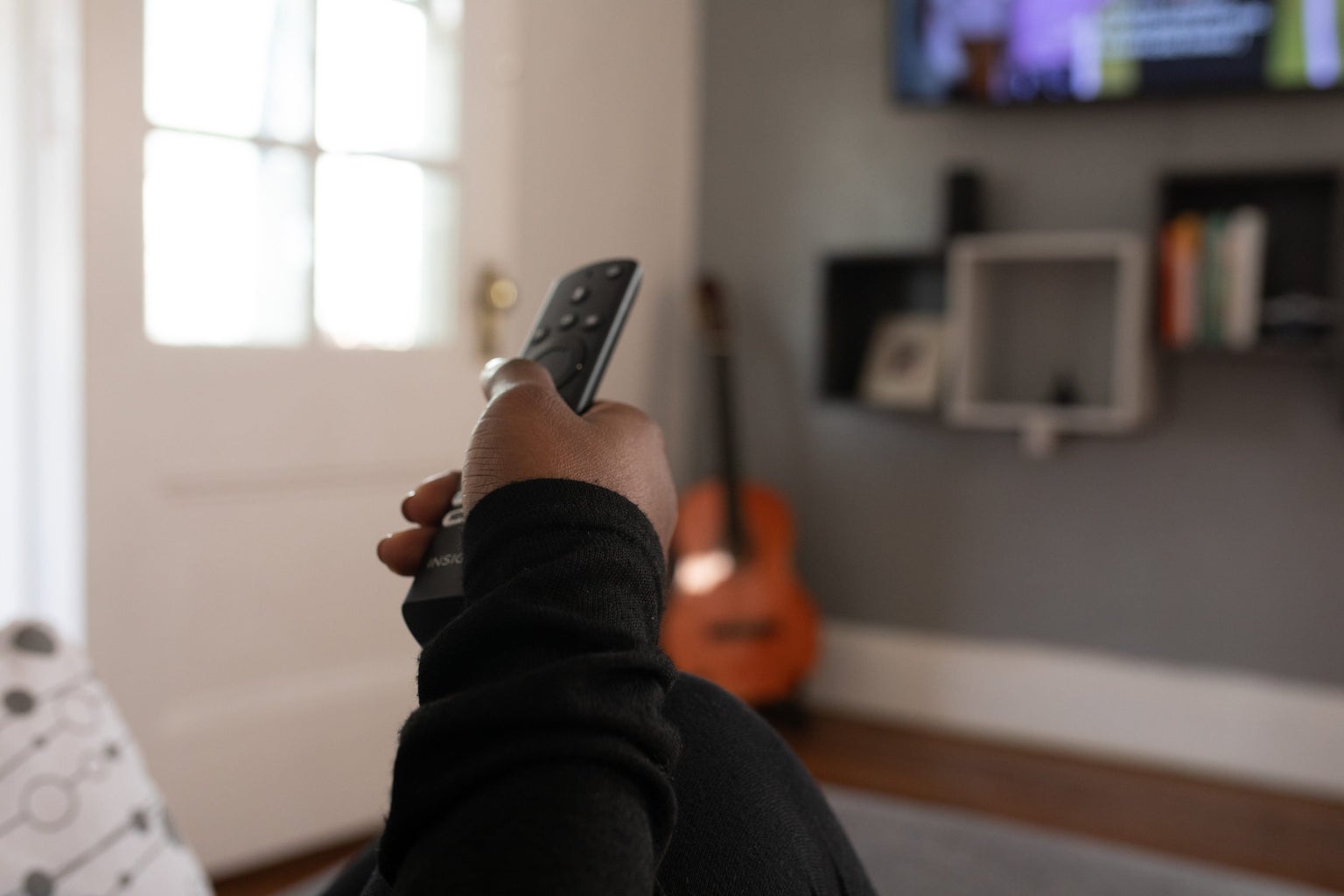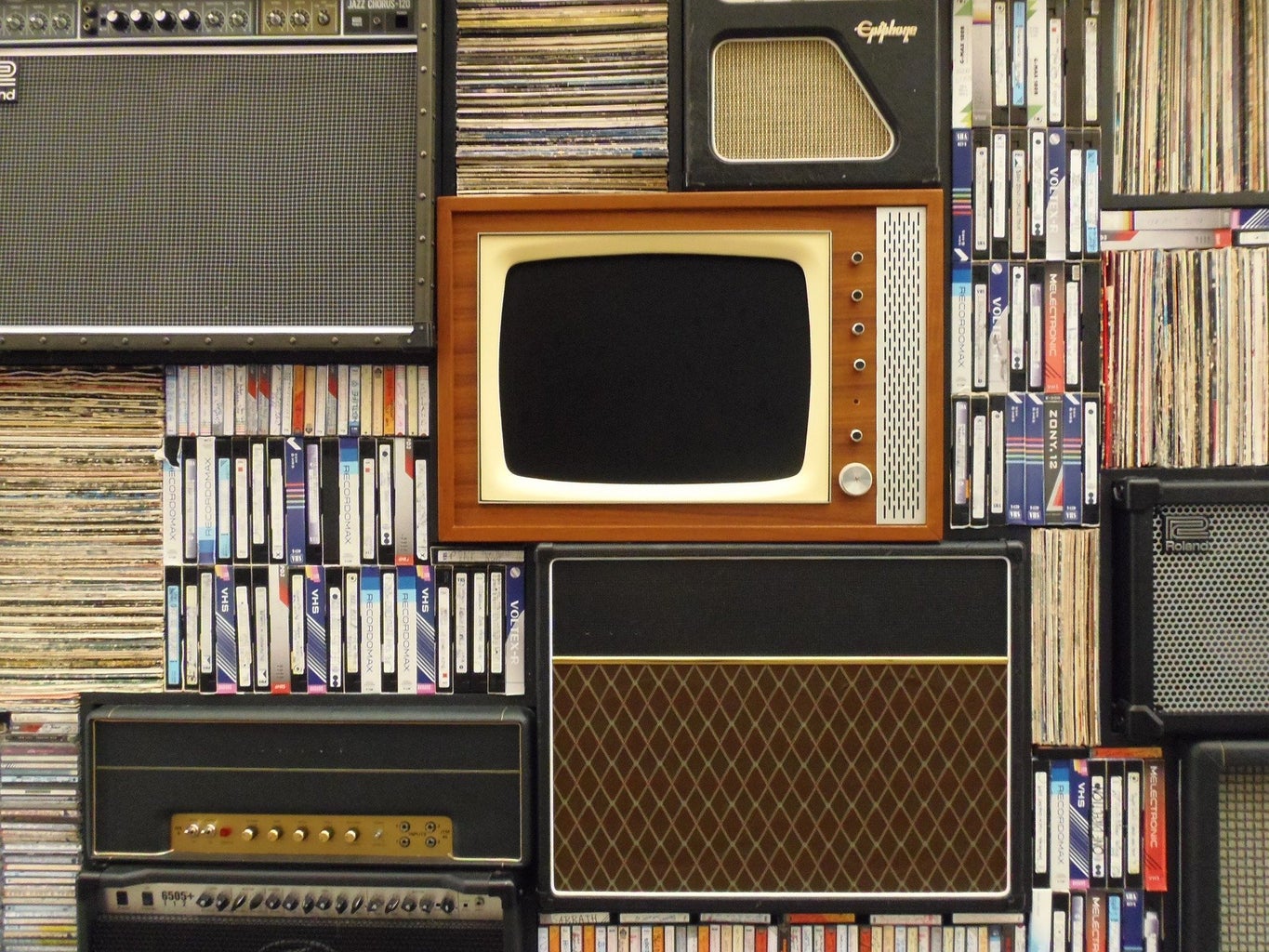DISCLAIMER: This article contains spoilers for Game of Thrones seasons 1-8 and House of the Dragon season 1
House of the Dragon, a prequel series to Game of Thrones, premiered on August 21, 2022 and drew in over 10 million viewers, making it the biggest HBO release ever. It was one of the biggest shows of the year and won the 2023 Golden Globe for Best Television Series – Drama. The weekly Sunday night watching sessions while the first season aired were reminiscent of watching the final season of Game of Thrones in April 2019, except this time without the overwhelming disappointment that followed each episode. For nearly half a decade, Game of Thrones was at the top of the popular culture zeitgeist, yet until the release of House of the Dragon, it had been virtually erased from our collective memory. The blunders of the final season of Thrones had pushed the show into near-oblivion for even die-hard fans. House of the Dragon exceeded everyone’s expectations and managed to draw back millions of Thrones fans who had sworn off the franchise.
To understand what House of the Dragon has done right, we must first understand what Game of Thrones did wrong. While the show had been declining in quality for a few seasons before the final season, to say those last few episodes were the biggest letdown of the entire franchise would be an understatement. The failures of the last season of Thrones can be attributed to the writers and showrunners, David Benioff and Dan B. Weiss. The production and acting of the last season was excellent, but the abhorrent writing overshadowed the good parts of the last few episodes of the show. By the series finale, Game of Thrones hardly resembled the show viewers had come to love that became famous for subverting the norms of the fantasy genre. It had become a shell of its former self, wrought with plot holes and characters who survived only thanks to plot armour, and made decisions that totally contradicted the values the show had given them for over a decade.
Ned Stark’s death and the Red Wedding gave the show a reputation for incredible plot twists. In their attempt to subvert the expectations of viewers in the last season, David and Dan totally disregarded the logistics and characters of the show for the shock value of seeing the Night King with a dragon and to see Daenerys Targaryen burn King’s Landing. The shock coming from audiences as the last season aired was not from the excellence of the plot developments themselves, but from the absolute absurdity of the storyline, and how it seemed to get worse with each episode.
Once the initial anger at the final season of Thrones faded, so did its relevancy. It felt like the fanbase of millions disappeared overnight and stayed away for three years. Nobody was that excited for House of the Dragon. As a former Thrones fan, I was more nervous than anything when I thought of the upcoming show, wondering if it would be able to revive my love for a franchise that had been nearly destroyed. I was blown away by how much watching House of the Dragon reminded me of the early seasons of Thrones (seasons 1-4 were easily the best of the show).
At its best, Game of Thrones was a show about politics (that happened to be set in a fantasy universe) that followed the relationships between a myriad of characters. Some of the best scenes of the entire series weren’t the extravagant battles or landscapes, but conversations between two complex, well-written characters. House of the Dragon recognized the strength of the early seasons of Thrones and ran with it. The first season was not so much about a specific series of events or mystery like the first season of Thrones, but about the characters. The House of the Dragon showrunners (not David and Dan—thank god) understood that the reason the plot twists in the early seasons of Thrones worked so well is because the audience cared about the characters. Getting an audience to care about characters takes time and conversation, not poorly lit battle scenes and conversations that don’t have more than ten words exchanged (I’m looking at you, Game of Thrones season 8). House of the Dragon was full of morally grey, complex characters who were well-developed and had intriguing relationships with each other. There wasn’t a single character or scene that felt out of place, everything and everyone was in the show for a good reason.
While the show is still in its infancy, I think House of the Dragon has the potential to be just as incredible as the early seasons of Thrones. The showrunners have clearly demonstrated that they understand what made Thrones great, they now just have to stay true to those fundamentals—complex characters, captivating dialogue, and using a political lens for the show—to solidify the show’s status in pop culture. If the popularity of the first season is any indicator, the second season has the potential to draw in not only more former Thrones fans, but also more of the general public. I mean, who wouldn’t love watching Matt Smith in a blonde wig riding a dragon?




